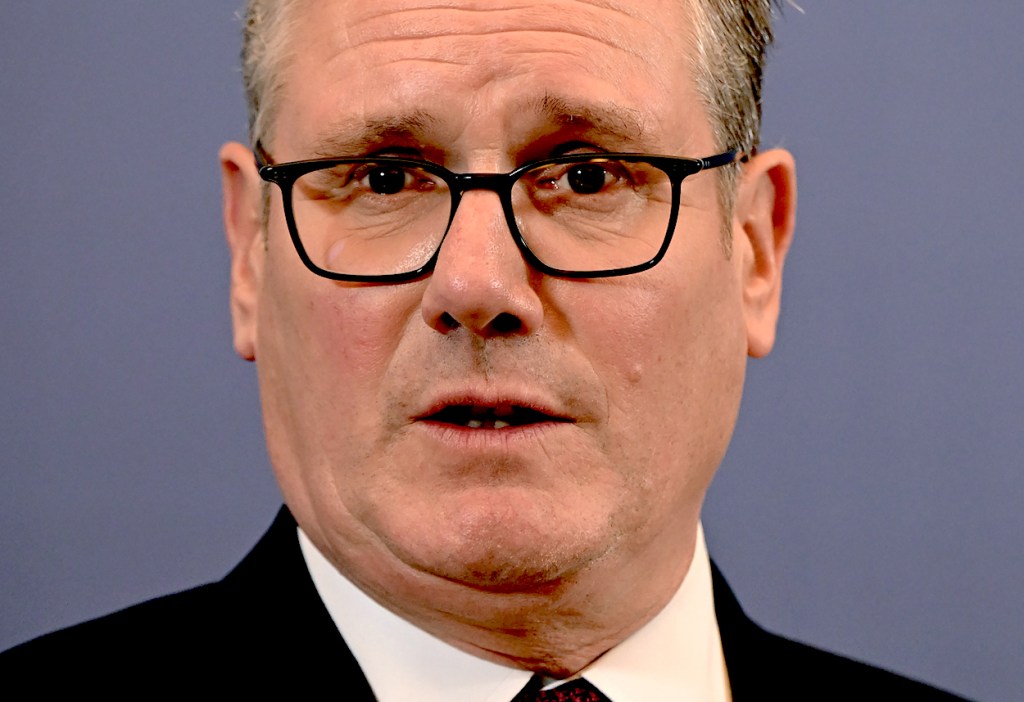There have been 14 cabinet secretaries since the post was established in 1916. The first, Lieutenant Colonel Sir Maurice Hankey, served for nearly 22 years; in stark contrast, there are now reports that the 14th and current incumbent, Sir Chris Wormald, will be gone by the New Year, having served just 12 or 13 months.
The problem is leadership, or rather a glaring lack of it
Wormald was appointed in December 2024 after eight-and-a-half years as permanent secretary at the Department of Health and Social Care, to replace the controversial Simon Case. Boris Johnson had plucked Case from the lower ranks of the senior civil service – he was at that point on secondment as private secretary to the Duke of Cambridge – first to be Downing Street permanent secretary then, after four months, secretary to the cabinet and head of the civil service at the age of 41. But his reputation suffered by association with Johnson and the chaos of the Covid-19 pandemic, he was regarded as more a courtier than a mandarin, and for some of his last year in post he was absent on medical leave.
Case’s enforced retirement gave Sir Keir Starmer a golden opportunity: a chance to appoint a new cabinet secretary to reshape the civil service and help implement Labour’s policy programme, fresh from the party’s landslide election victory. Rumours flew around Whitehall that the Prime Minister would appoint a woman, as none has ever held the position, and/or that he would look beyond the usual cadre of permanent secretaries and choose an outsider, a candidate who would be fearless in shaking up the government machine.
Among the names which circulated, with varying degrees of credibility, were Dame Sharon White, chairman of John Lewis Partnership and a former Treasury civil servant; Dame Melanie Dawes, chief executive of Ofcom and previously permanent secretary at Communities and Local Government; Baroness Shafik, president of Columbia University, one-time DfID permanent secretary and now Starmer’s chief economic adviser; and Tom Riordan, chief executive of Leeds City Council.
The shortlist refined by the first civil service commissioner, former Labour MP Baroness Stuart of Edgbaston, was a little less radical than some expected. There were three serving permanent secretaries, Wormald, Dame Antonia Romeo at the Ministry of Justice and Defra’s Dame Tamara Finkelstein; and one semi-outsider, Sir Olly Robbins. Once Theresa May’s chief Brexit negotiator, he had left the civil service in 2019 and worked at Goldman Sachs and strategic advisers Hakluyt & Company.
When Wormald was announced as the successful candidate, Downing Street did not stint on the talk of change. He was to ‘drive delivery on the government’s ambitious agenda’, ‘drive forward innovation, change and our ambitious reform agenda’ and undertake what Starmer called ‘nothing less than the complete re-wiring of the British state to deliver bold and ambitious long-term reform.’
If most of that was stereotypical Starmerite verbiage, empty of real meaning, the complaint is now that Number 10 has lost faith in Wormald, that reform is too slow and that he is ‘the embodiment of Whitehall groupthink’ and ‘a parody of every civil service stereotype’. It is suggested he will be replaced in January by Baroness Casey of Blackstock, serial Whitehall adviser, troubleshooter and taskforce supremo.
There is no doubt that the government is drifting and directionless. But the blame for this can, and must, be traced directly back to the top and to the prime minister. Sir Keir Starmer has consistently shown dreadful judgment in appointing both ministers and advisers. In the case of Wormald, presented with that shortlist of four, he chose a middle-aged male Oxbridge graduate, whose father and grandfather had been civil servants, whose track record at the Department of Health was hardly shining and who had never worked outside a mainstream Whitehall department. On what grounds did Starmer conceivably expect radical dynamism?
There is a pattern here. There are those who have proved unsuitable, unqualified or too toxic to function in the roles given them by the prime minister: Sue Gray, his 13-week Downing Street chief of staff, or Lord Mandelson, ambassador to Washington for all of seven months. There are those who are clearly failing, like Rachel Reeves, the Chancellor of the Exchequer, or four of the eight Home Office ministers cleared out in September’s reshuffle. Then there is the ongoing issue of Jonathan Powell, the national security adviser, a political appointee rather than a civil servant who is omnipresent but cannot be scrutinised by parliament.
For a government in office for only 15 months, there has been a constant crisis-ridden churn of personnel, and two cabinet ministers have resigned for personal failings. This can be viewed as a comment on the calibre of appointees, but a bad workman blames his tools. Starmer continues to appoint the wrong people, regards them as the problem and then casts them aside or marginalises them, hoping that matters will improve.
They won’t. The problem is leadership, or rather a glaring lack of it. What is Keir Starmer’s vision? What is his overarching strategy? What motivates him? In what direction does he want his team to pull? Until – unless – he can articulate that, there will be continued drift and confusion. The Prime Minister is squarely to blame.









Comments